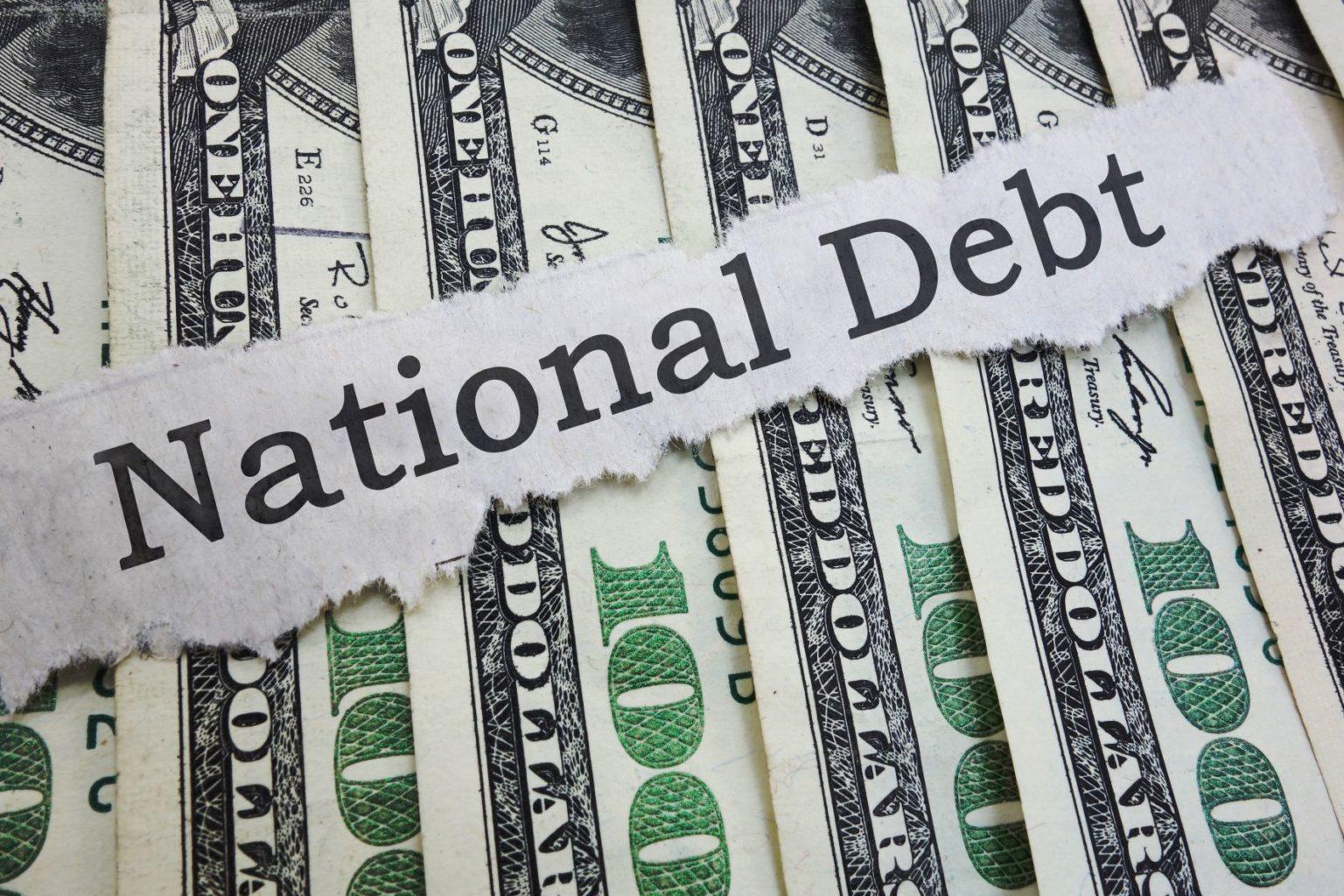This website is strictly for educational purposes and is not intended to provide specific legal, financial, or tax advice. Phil Cannella and Joann Small are licensed professionals in the insurance industry. Crash Proof Retirement, LLC. does not recommend or sell securities to anyone at any time. Any interviews conducted by Retirement Media, Inc ®. published on this website are not to be considered endorsements. Crash Proof Retirement, Crash Proof Retirement Show, and Retirement Media, Inc. ®, and all related uses, are federally trademarked with the United States Patent and Trademark Office. Any company or individual found violating these federal trademarks will be vigorously pursued through all available legal avenues and penalized to the fullest extent of the law. © 2024 Crash Proof Retirement, All Rights Reserved.

How Will the 2023 Debt Ceiling Battle Affect Your Retirement Plans?
- January 26, 2023
- Phil Cannella
- Blog
- 0 Comments
The United States officially hit its debt limit on Thursday, January 19th, 2023, sparking another Congressional battle that could have serious ramifications for American retirees and the global economy. If lawmakers cannot reach an agreement by this summer, the U.S. will default on its financial obligations, meaning social security recipients, military veterans, and millions of others will not receive their benefits. Economists and experts from all over the political spectrum agree that this situation is an undesirable one that will most certainly disrupt the economy, not just in the U.S. but throughout the entire world. If you are currently retired or you are planning to retire in the next few years, a prolonged global recession would be disastrous. The team at Crash Proof Retirement has an analysis of the current debt ceiling battle and what it could mean for your retirement investments.
What is the Debt Ceiling?
In the most simple terms, the debt ceiling is a limit to the amount of money the U.S. government can borrow to meet its financial obligations. This limit was first imposed as part of a 1917 bill that would fund the United States’ participation in World War I. Since then, it has been raised 78 times. In previous years, raising the debt ceiling was considered a given, and the U.S. defaulting on its debt was unthinkable. However, in 2011, debt ceiling increases were used as a Congressional bargaining chip for the first time. Since then, debt ceiling battles have become a periodic occurrence. A debt ceiling increase has been held hostage multiple times during negotiations in the past decade, with issues like repealing the Affordable Care Act being used to justify the potential for a default. In several of these cases, the government went into a shutdown, although the U.S. has never gone into default. That could change this year.
In 2023, the debt ceiling is once again being held hostage during budget negotiations. Now that the limit has officially been reached, it is only a matter of time before a debt default occurs, unless the various Congressional factions can come to an agreement.
Treasury Secretary Janet Yellen has undertaken “extraordinary measures” to keep the United States solvent for as long as possible during the debt ceiling battle, putting a pause on new investments into the Civil Service Retirement and Disability Fund and suspending investments into a benefits fund for retired post office workers until early June, at which time they will be fully funded again. Even so, a default is expected this summer if Congress cannot manage to secure funding for the government in the meantime.
What Happens if the United States Defaults on its Debt?
If Congress does not raise the debt limit, the U.S. would only be able to use incoming revenue to fund the government, putting every program at risk. Funding for some programs would have to be paused, and it would be up to lawmakers to pick and choose which ones would get priority. Social Security, defense spending, , unemployment benefits, food stamps, and a host of other programs could potentially be affected, and the rating of U.S. debt would likely be downgraded. This would set off ripples across the world for governments and private entities that are owed money by the U.S. Treasury. Historically, stock market performance has been volatile during past debt ceiling battles, and although major market indices have actually gone up since Thursday’s announcement, they will likely see declines as the default deadline inches closer. A stock market crash is not the only threat to retirees, either; if the U.S. does default on its debt, no federal program will be safe from cuts, including Social Security, which 45% of retirees rely on to provide over 90% of their income.
Protecting Your Retirement Savings from the Debt Ceiling Battle
If you are in or near retirement, you do not have to let the petty squabbles of Congress put your future in jeopardy. You can protect your retirement savings from being lost during a stock market crash. The Crash Proof Retirement System has already protected thousands of consumers from losing their principal during the market crashes of 2008 and 2020, and it can do the same for you. Get in touch with our licensed retirement educators right away to find out how you can invest in financial vehicles that offer credited interest comparable to securities-based investments like stocks, bonds, and mutual funds, that are also guaranteed to prevent you from losing your principal when the stock market declines. Crash Proof Vehicles can provide guaranteed income without depleting your nest egg. The future of the current debt ceiling battle is uncertain, but you can achieve peace of mind when you Crash Proof your retirement. Call 1-800-722-9728 right away for expert retirement advice in Bucks County and surrounding communities.


Leave a Reply
You must be logged in to post a comment.